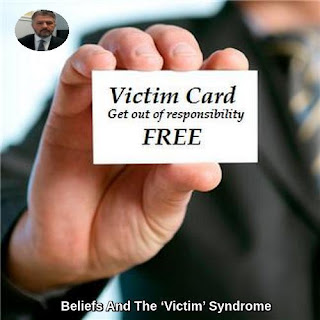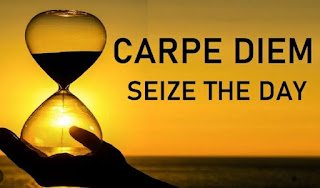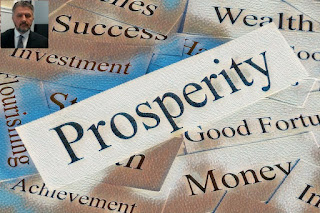Beliefs And The ‘Victim’ Syndrome
Who do you know that takes full responsibility for all their feelings and behaviours? What would your life look like if you quit blaming others for what you feel and what happens to you? What would your life be like if you decided that your life was yours and you could consciously create it any way you wanted to?
Research findings by social scientists and psychologists have demonstrated that the belief systems of individuals have a profound effect on health, the mind, and success. Cancer patients who believe that they can heal their bodies are much more likely to go into re-mission, students who believe that they can do well in school will do well, and people who believe they can succeed in business will succeed. In other words, “They can because they think they can.”
Beliefs are assumptions, prejudices, judgements, ideas, opinions, and attitudes through which everything we experience is filtered. Beliefs are not facts – just opinions with expectations attached. These tenets (which are principles, beliefs, or doctrines generally held to be true) are the way in which we structure our understanding of reality. They are the underpinnings of our interpretation, comprehension, or analysis of any given situation or event. Most beliefs are inherited from parents, media, education, organised religion, science, and other major institutional structures.
A belief system provides a core set of values on which we base everything we sense, interpret, feel, say, or do. This system defines a ‘set of rules’ by which we process and store information as it comes through our conscious minds. Many of our core beliefs are out-of-our-awareness as we take for granted that ‘that’s the way I am’ or ‘this is reality’ when we want to justify our beliefs or our actions. Stress is a good example of this process where we, as individuals, have an active role in shaping the stress response.
One of the pervasive beliefs in our society is the notion that we are victims. Victims feel helpless, hopeless, and powerless. What we say is ‘poor me’ and ‘ain’t it awful.’ Examples of this syndrome manifest in the ‘gloom and doom’ prognostications exemplified in the political arena, medical model, organised religion, and so on. We come to believe we are helpless to determine what is best for us and look to others to tell us what is right for us. This notion of ‘powerlessness’ allows us to play the self-pity game (poor me) and we are then able to abdicate responsibility for living our lives in a way we find satisfying. We can blame others and continually use excuses for not taking charge of our own destiny. Fredrick Mann wrote, “Power of Choice: The most powerful human ability.” In other words, it is up to you: What do you want to be, a Victim or a Creator? Victims are defined as people that things are done to; creators are people who make things happen. Victims believe that ‘life happens to them.’ Creators believe that ‘they are responsible for creating their lives.’
Practical Steps To Move From Being A Victim To Being A Creator
1. Stop blaming others for what you are feeling. It is always your choice as to how you interpret events in your life.
2. Use affirmations such as ‘I deserve the best life has to offer.’
3. Create 5 positive affirmations out of 5 of your negative thought patterns. Set aside time each day (preferably in the morning) to repeat these affirmations 20 times. Make sure that these thoughts aren’t replaced by negative thought patterns during the rest of the day.
4. Visualize what you want. The steps to successful visualization are: a) perceive yourself successfully achieving what you want, b) believe you can achieve your dreams, c) open yourself to all the blessings life offers and d) celebrate your successes.
5. Practice an ‘attitude of gratitude.’ Say thank you for all the blessings you receive throughout the day.
6. Start a Gratitude journal. Before you go to sleep each night, write down in your journal or notepad 5 things that you are grateful for each day.
7. Start a Joy journal. List things that make you feel happy. When you are having a ‘bad’ day go back to your joy journal to re-focus on the wonderful moments in your life.
8. Consciously monitor your thoughts changing them from fear-based to joy-based. Remember: The Universal Law of Increase, whatever you focus your energy on expands.
9. Stand in front of a mirror, or whenever you see yourself in the reflection of a plate glass window, say to yourself, ‘I am worthy.’
10. Believe in yourself. Self-appreciation is the foundation for high self-esteem.




Comments
Post a Comment